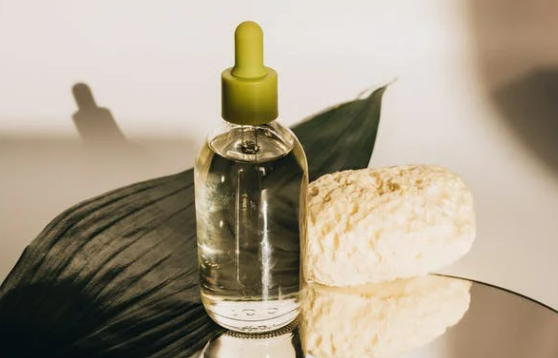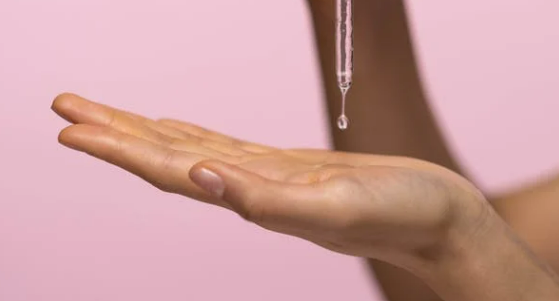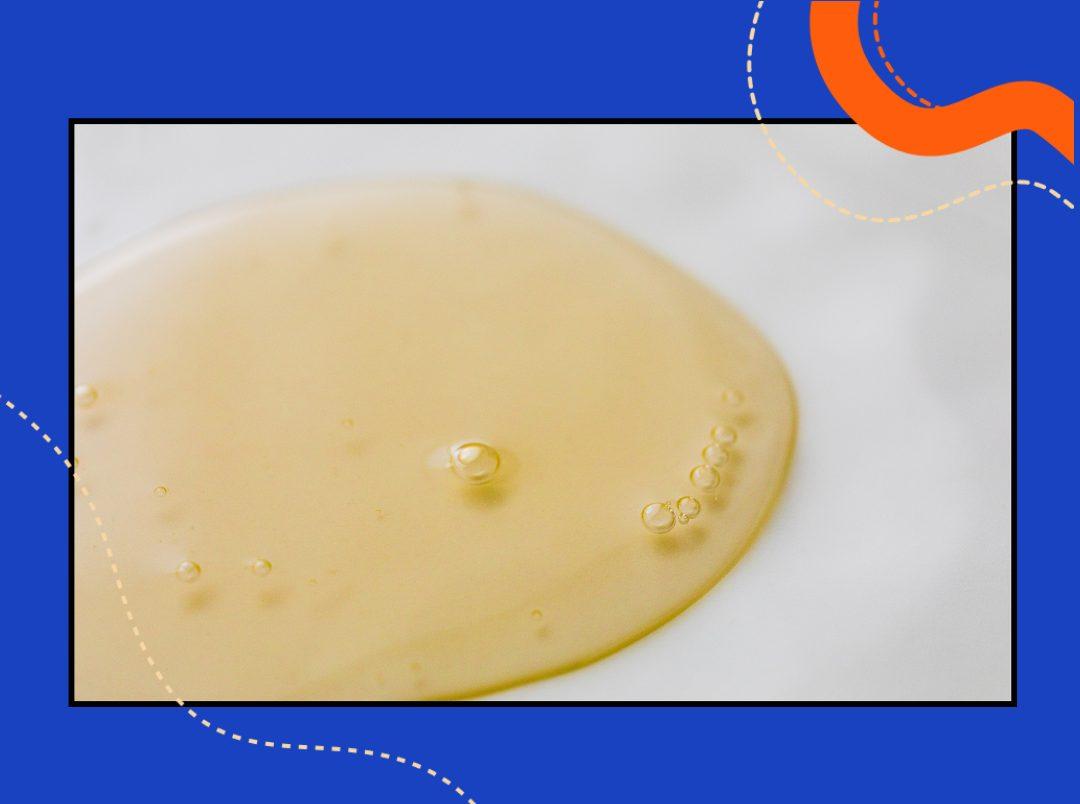Let’s cut it right to the chase: Vitamin A is the Beyonce of the skincare world – a skincare star. Whenever we ask dermats for advice on dealing with acne, dullness, uneven skin tone, oily skin, fine lines, or just how to get healthy, glowing skin, they will always name-drop this miracle vitamin and insist that it is the answer to all our skincare woes. Confused because you perhaps haven’t heard of it? Well, you probably have heard of retinol or retinoids, right? They’re all cousins belonging to the Vitamin A fam.
And if that little explanation just opened up more questions than it answered – DW as we’ve got you everything you need to know. Just for you, we did a deep dive on this A+ vitamin (pun intended).
How Can You Get Vitamin A?

Since our body cannot produce Vitamin A on its own, the essential micronutrient can be easily obtained from foods. Vitamin A1, also known as retinol is only found in animal-sourced foods, such as oily fish, beef liver, and dairy. The other form, provitamin A or beta-carotene, is found in red, yellow, and some green fruits and vegetables, such as peppers, winter squashes, carrots, and spinach. Most people can get enough Vitamin A from their diet.
Vitamin A can also be found in skin care products and, when applied topically, can have a whole range of benefits and address a number of concerns.
How Does Vitamin A Benefit The Skin?
A topical Vitamin A protects against UV damage, slows signs of aging, fights free radicals, and stimulates collagen production. It also encourages healthy cell production and protects against infection, as Vitamin A promotes healing and softness of our skin and regulates the metabolism of cellular regeneration in the stratum corneum, the outermost layer of the epidermis.
When used topically, retinol, retinal, and retinoic acid are powerful forms of Vitamin A that can have a deep impact on the cellular makeup of our skin, which is why they’re touted as a cure-all ingredient for skin woes.
All About Retinol, Retinoic Acid, And Retinal

To understand what retinol is, you should first know that there are three topical applications of the retinoid family: retinol, retinal, and retinoic acid. Each helps with acne, wrinkles, hyperpigmentation, sun spots, and skin texture, but retinoid acid is the most potent of them all and is available only by prescription. At its core, retinoic acid is a Vitamin A derivative. In form of retinoic acid, retinoids are key to smoother skin. They lead to increased cell turnover, speed up the elimination of sebum from the skin, loosen the connection between cells, and prevent Keratosis. It also inhibits the degradation of collagen while stimulating collagen production, Before application, retinoic acid has already undergone a chemical process that makes it more potent and bioavailable. However, when you apply retinal or retinol, that chemical conversion occurs on the skin, which makes it less predictable and not as strong.
Retinol is a few chemical reactions away from the biologically active form of retinoid aka retinoic acid, its action is slower and gentle as compared to retinoic acid. The tradeoff is that it’s less potent than retinoic acid but is gentler on the skin. In contrast to retinol, retinoic acid requires a prescription, so retinol is much easier to try out if you want to mix in a retinoid. The difference between retinal and retinol is the speed at which they become retinoic acid, and thus become effective. Retinol (vitamin A) converts to retinal, and retinal converts to retinoic acid, which is the key ingredient that works its anti-aging magic. Retinal gets converted in our skin to retinoic acid at a much faster rate – 11 times as fast as it requires only one step to be converted into retinoic acid. So basically, your girl retinal is way more efficient than her sis retinol. Convinced to add Vitamin A to your beauty stash? Scroll on for superstar products that might be your ticket to supple, smooth, and even-textured skin.
The Best Retinol Products For Healthier Skin
A True Multitasker
For a cleansing and alcohol-free toner, use a hydrating one as a nightly solution that’ll keep your skin barrier well moisturised. Consistency is key for retinol to work, so be patient, as it can take up to 12 weeks to see the full results.
10/10 Formula
Leave it to Organic Harvest to make 10/10 formulas that deliver noticeable results. This cream is formulated with retinol along with Aloe Vera and broccoli, which means you get tons of benefits from it, including exfoliation, anti-aging, and more even skin tone.
You glow girl!
Featured Image: Pexels





